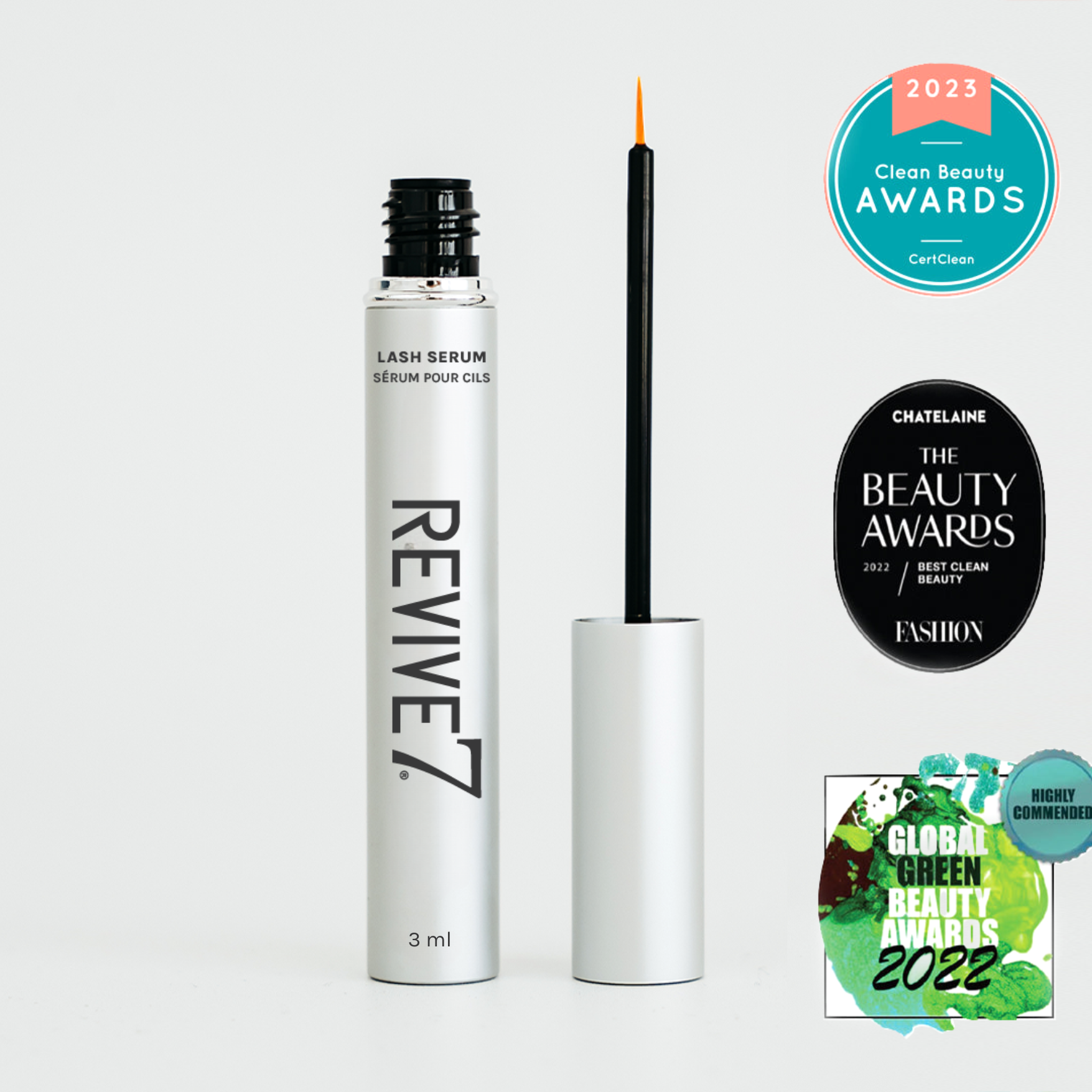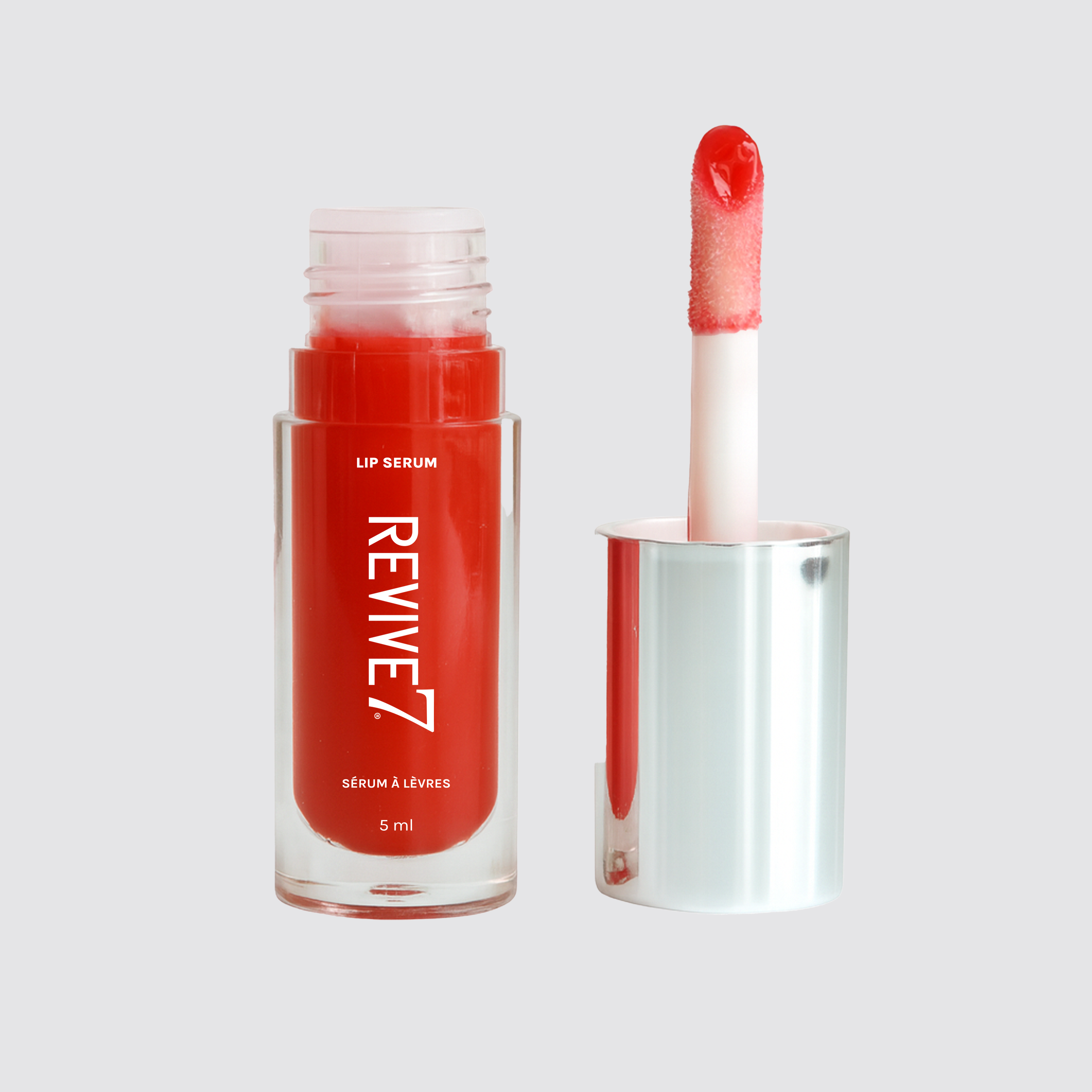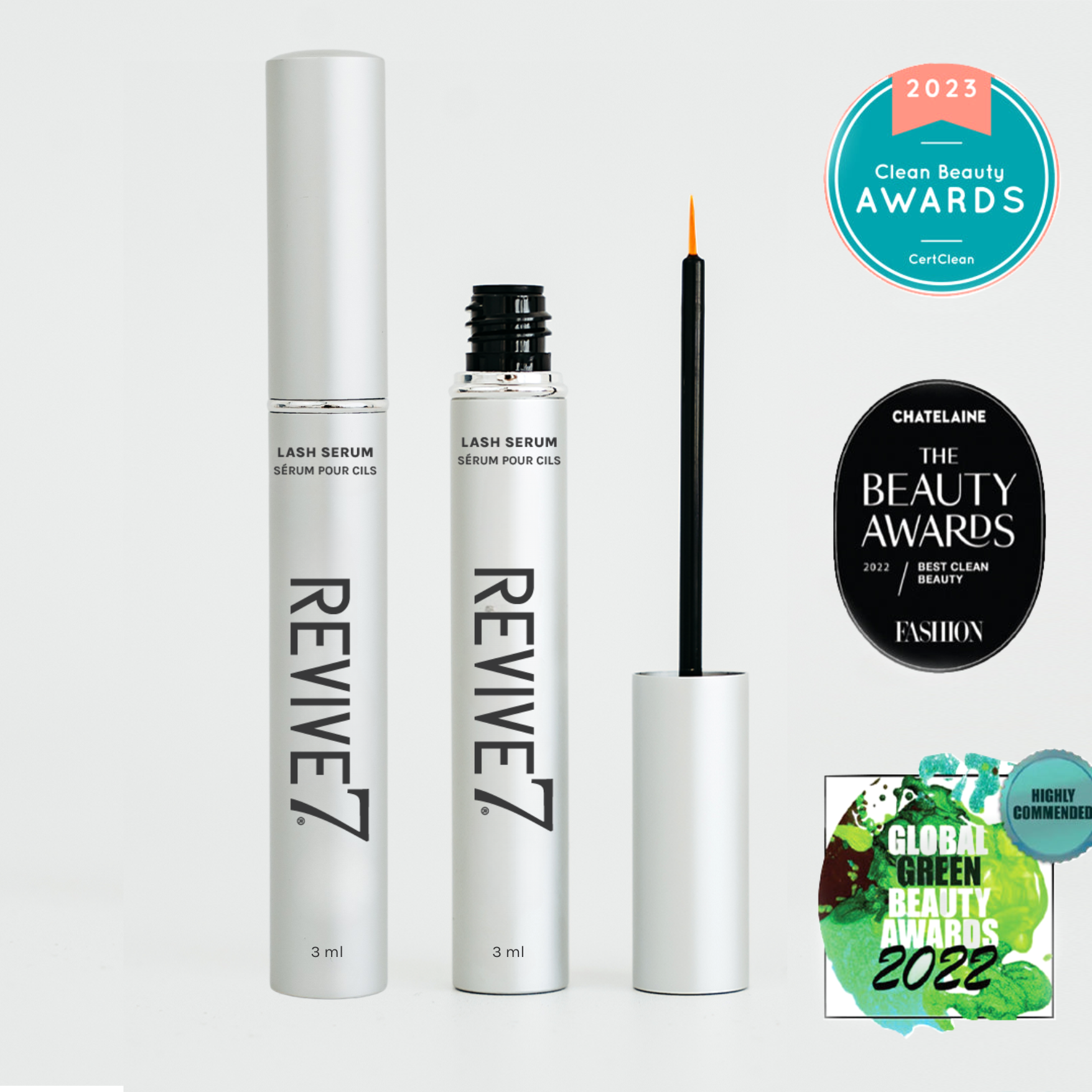Your Hair and What You Eat
You’ve probably heard the old saying, “You are what you eat.”
But have you ever heard, “Your hair health is what you eat?”
Hair health is often seen as a reflection of overall well-being. While genetics and external treatments play a role, nutrition is a fundamental factor that influences the health of your hair.
The Anatomy of Hair
Understanding the basic structure of hair can help appreciate the role of nutrition in hair health. Hair is primarily composed of a protein called keratin. Each strand of hair has three layers: the medulla (innermost layer), the cortex (middle layer), and the cuticle (outer layer). The health and strength of the hair depend on the nourishment of these layers, particularly the cortex and cuticle.
Key Nutrients for Hair Health
- Proteins
- Role: Hair is made of keratin, a type of protein. Adequate protein intake is crucial for hair growth and strength.
- Sources: Lean meats, fish, eggs, dairy products, beans, legumes, nuts, and seeds.
- Vitamins
- Vitamin A: Promotes sebum production in the scalp, keeping hair moisturized.
- Sources: Carrots, sweet potatoes, spinach, and kale.
- Vitamin B-complex: Especially Biotin (B7) and Niacin (B3), these vitamins enhance hair growth and prevent hair loss.
- Sources: Whole grains, almonds, meat, fish, and leafy greens.
- Vitamin C: Helps in collagen production, which strengthens hair shafts and prevents breakage.
- Sources: Citrus fruits, strawberries, bell peppers, and broccoli.
- Vitamin D: Deficiency is linked to hair loss.
- Sources: Sun exposure, fatty fish, and fortified foods.
- Vitamin E: Improves blood circulation to the scalp, promoting hair growth.
- Sources: Nuts, seeds, and green leafy vegetables.
- Minerals
- Iron: Essential for the production of hemoglobin, which helps carry oxygen to your hair follicles.
- Sources: Red meat, spinach, lentils, and fortified cereals.
- Zinc: Helps with hair tissue growth and repair.
- Sources: Oysters, beef, pumpkin seeds, and lentils.
- Omega-3 Fatty Acids: Nourish hair and support thickening.
- Sources: Fatty fish, flaxseeds, walnuts, and chia seeds.
- Water
- Role: Hydration is essential for maintaining hair moisture and preventing dryness.
- Sources: Drinking water, fruits, and vegetables with high water content.
Nutritional Deficiencies and Hair Problems
Inadequate intake of essential nutrients can lead to several hair issues:
- Hair Loss: Often linked to deficiencies in iron, zinc, and protein.
- Dry and Brittle Hair: Can result from a lack of essential fatty acids, vitamins A and E.
- Dull Hair: May indicate a deficiency in vitamin C and Omega-3 fatty acids.
Holistic Approach to Hair Health
- Balanced Diet: Ensure a diet rich in diverse nutrients. Incorporate a variety of fruits, vegetables, lean proteins, and healthy fats.
- Treatments: If diet alone is insufficient, consider a hair treatment, such as Revive7 Hair Treatment. Revive7 Hair Treatment contains nutrients, (Maima Extract, Ginseng Extract, Angelica Extract, Polygonum Multiflorum Extract, Vitamin B6) which stimulates your hair follicles and provides hydration.
- Hydration: Drink plenty of water to maintain overall hydration.
- Avoid Excessive Heat and Chemicals: Minimize the use of heat styling tools and harsh chemical treatments.
So, what does this all mean?
The shine, bounce, and health of your hair is impacted by what you eat! By ensuring a diet rich in essential vitamins, minerals, proteins, and healthy fats, you can support robust hair growth and maintain the natural luster and strength of your hair. Remember, healthy hair starts from within, and proper nutrition is the cornerstone of achieving and maintaining beautiful, vibrant hair.








